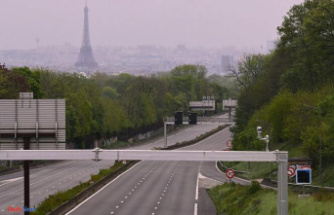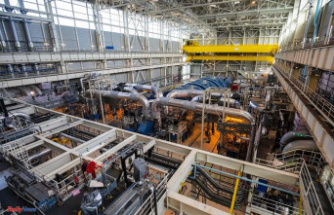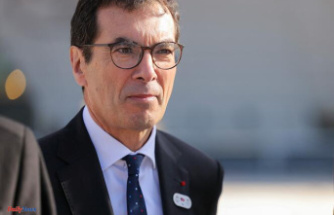The German industry warns: The high energy prices lead to de-industrialization. For DIW boss Fratzscher, this is pure scaremongering, which is supposed to get the money out of politicians' ribs. The energy price brakes would benefit companies much more.
The President of the German Institute for Economic Research (DIW), Marcel Fratzscher, has accused the industry of scaremongering with their warnings of de-industrialization due to high energy prices. "Ultimately, it is a specter that is built up to get money out of politicians' ribs," said Fratzscher of the "Augsburger Allgemeine". He also criticized the electricity and gas price brakes as too geared towards companies.
"I think the two price brakes are colossal mistakes," said Fratzscher. "These aid funds benefit companies much more than private households." It would have been better to provide companies with targeted energy grants, such as the Corona aid, and to transfer money directly to needy private households, he said.
For private households and small and medium-sized companies, the agreed upper price limits for gas and electricity will take effect from March and retrospectively from January. The prices are then capped for 80 percent of the previous year's consumption. The state pays the difference to the market price.
A separate, similar regulation will also apply to industry and major customers from January. In total, the federal government has provided 99 billion euros in budget funds for this. An estimated 49 billion of this is to go to companies - the Federal Ministry of Economics has submitted this sum to the EU Commission for approval as state aid for companies. The actual need and distribution ultimately depends heavily on consumption and price developments.












